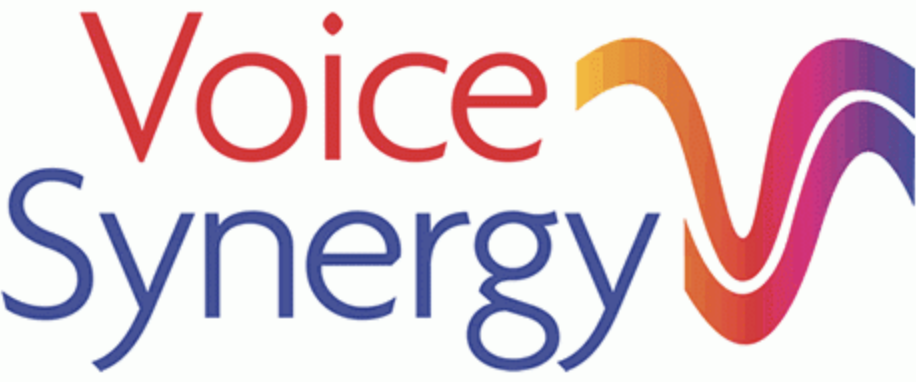 On 24 April, Voice Synergy launches its new course: Write it – Speak it!
On 24 April, Voice Synergy launches its new course: Write it – Speak it!
WHY is this course essential?
You have one chance to make a great impression on your audience. This course shows you how.
There are many ways of presenting:
- A set of notes to be referred to or bullet points in your hand
- Extensive information on a PowerPoint slide that the speaker reads out to the audience
- The seasoned speaker that is so well versed in their own subject matter that the audience feels a bit, well, overlooked to be honest.
On the other hand, the speaker who speaks without notes or a structure of any kind can suffer from verbal diarrhoea (that is ‘to talk continuously or too much’), perhaps caused by an overflowing mind or indeed, by anxiety or lack of confidence. This can result in overrunning a time slot or missing out vital information.
What are the differences between reading out your own notes and speaking from cues?
Writing:
Writing is committed to paper (or screen) as print. It is recorded. It does not change. Your thoughts are written down for another person to read off the page.
Writing can encapsulate complex thoughts suitable for the reader to take time over, digest and return to if necessary.
Writing down information about your presentation or speech, or your project involves a particular part of your mind, leaving out your ‘spoken-aloud’ voice. It is created by your internal voice; the voice in your head. When you read your notes back, you can review them, put them into a list, put them into a different typeface, alter the line spacing, improve the indentation and numbering of bullet points. Your sentences can become quite long and complex. Sometimes we use more complicated language when we write than when we speak – which might not be audience-appropriate.
Speaking:
Speaking comes from an impulse of the moment. Speech carries energy, passion, involvement and provides a direct connection with the listener. Your voice carries your thoughts in the moment after you conceive then your head. You voice uses tone, pitch, speed, accent and intonation which can allow your message to be communicated in the way you wish. You are able to use hand gestures and body language that help to achieve your spoken communication objectives.
How to get the most out of your voice by preparing properly
The most important thing when preparing your presentation is to know your subject really well. It is also important to acknowledge what lies outside your field of expertise and set that out, too. No-one knows everything and it is much better to state where your boundaries lie if necessary.
Ask yourself – what does my audience want to get out of my presentation or speech today? What do I want them to do with the information I give them? This will help shape your content.
Preparing your voice along with your notes
Before embarking on your next presentation, pitch or speech, take time to rehearse, practise and repeat – ALOUD. The words or phrases you have written down on a page may not be easy to say. If you have tripped up a couple of times – go back to your notes and rewrite that part. If the words aren’t coming easily to you, they won’t go easily to your listeners either. Don’t be afraid to edit – and on that note, ensure you time your proposed presentation so that you have the right amount of content to fill your allocated time slot.
Avoid speaking too fast or too slowly. Practise using the range of your voice until you feel comfortable that what you are saying sounds interesting and compelling.
Speaking from notes
First of all, always remember that your audience wants to understand and benefit from what you have to say.
Remember to be inspired by your own words and so your audience will be.
Connect with your audience by ensuring good eye contact, which means using your notes as little as possible.
You will have all the information in your head and all that’s left to do is to deliver your words honestly, with truth and inspiration.
How to be a better presenter
Sign up for a place on Write it – Speak it! and benefit from coaching by stellar communicator, Debbie Chatting MA Voice Studies, MA Marketing on Tuesday 24 April at Engineers House, Clifton, Bristol.
